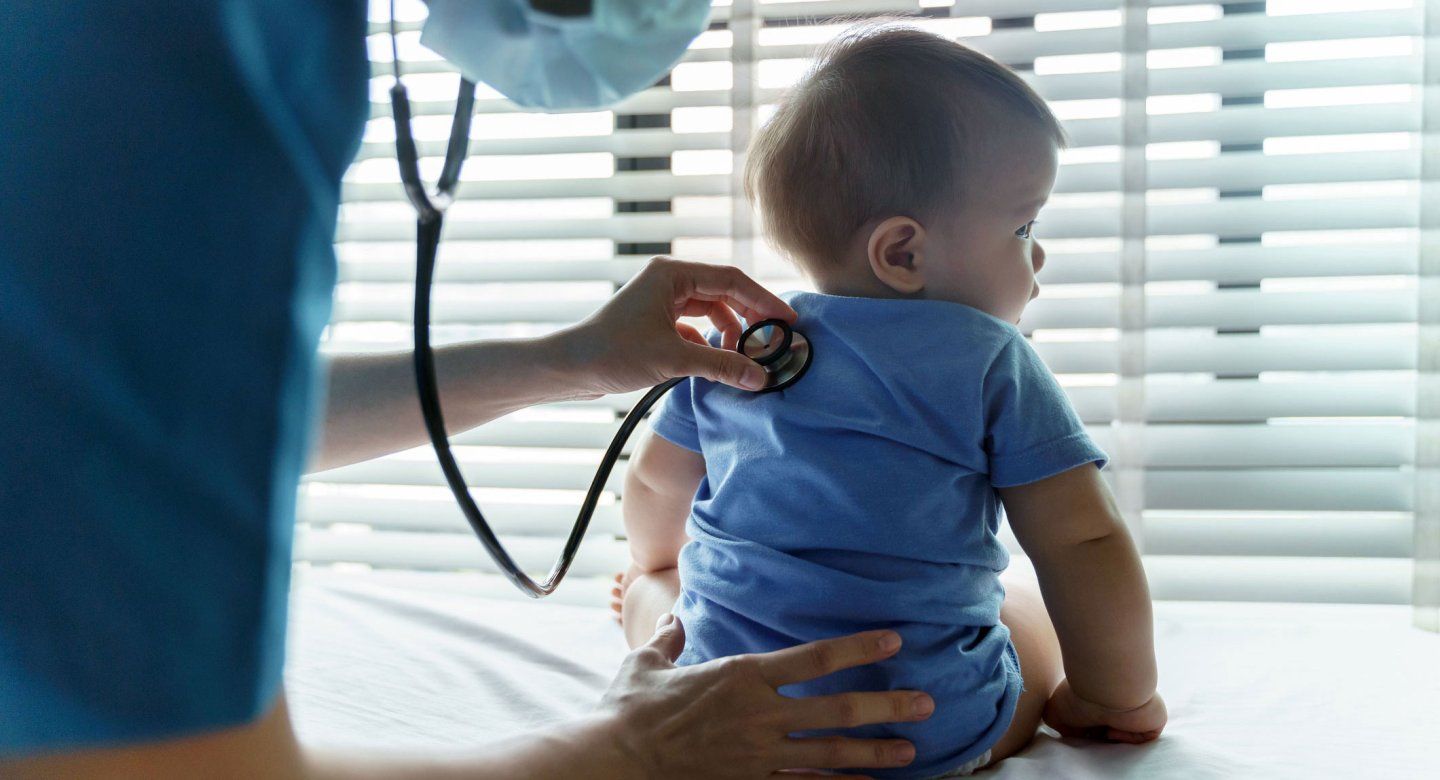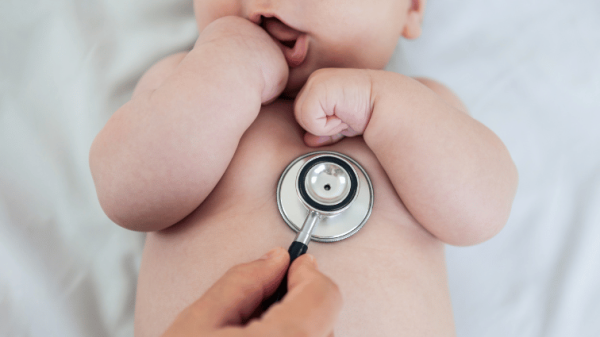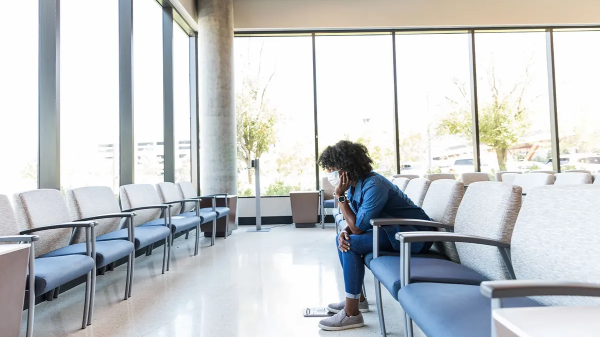UCSF Health Experts Explain the Rising Number of Cases and What You Need to Know
This year, emergency departments nationwide are seeing an unusually early surge in very young and elderly patients with respiratory distress, often caused by respiratory syncytial virus or RSV. We asked UCSF Benioff Children’s Hospitals experts Steven Bin, MD, medical director of Pediatric Emergency Medicine; Ann Petru, MD, director of Infectious Diseases; Ted Ruel, MD, chief of Pediatric Infectious Diseases and Global Health; Christopher Vlasses, MD, associate professor of pediatrics; and April Zaat, MD, associate director of hospital medicine, to weigh in on what RSV is and why we’re seeing so many cases.
What is RSV?
Respiratory syncytial virus is a seasonal respiratory virus that usually causes mild, cold-like symptoms. Most people recover in a week or two, but RSV can be serious, especially for infants and older adults.
Why are we seeing more RSV cases earlier this year?
The spread of RSV began in mid-October this year, which was earlier than usual. We usually see RSV patients from December through February. This is likely because COVID precautions like masking and shelter-in-place mandates were lifted this summer and, as the weather chilled, socializing indoors accelerated an earlier and more rapid spread of the virus.
We are also seeing older babies with RSV than in previous years. In pre-pandemic times, most babies contracted RSV by the time they were 2 years old, according to the CDC. But we are seeing an unusual influx of RSV patients ages 2-4 year this year, likely because these toddlers and young children were not exposed to the virus as newborns when most people were wearing masks and when schools were closed, so many have not developed protective antibodies.
What are the symptoms of RSV?
People infected with RSV usually show symptoms similar to a common cold within four to six days after becoming infected. Symptoms include:
- Runny nose
- Decrease in appetite
- Coughing
- Sneezing
- Fever
- Wheezing
- Lethargy
- Trouble breathing
Who is most vulnerable to RSV?
Those most susceptible to RSV are premature infants, newborns and babies – especially those younger than 6 months – children younger than 2 years old with chronic lung disease or congenital heart disease, and children with weakened immune systems.
Similarly, older children and adults with chronic heart, lung or immunity problems can also be severely impacted by RSV.
When should I take my child to the hospital emergency department if I suspect RSV?
If your infant is in distress – not eating, not drinking, having trouble breathing or has a high fever – take your child to your local emergency department (ED). EDs will triage incoming patients and treat those with the most acute symptoms immediately. If you are unsure or if your child has milder symptoms, contact your child’s primary care physician, advice nurse or local urgent care facility.
How is RSV diagnosed?
Most children with cough, cold and breathing problems can be diagnosed by their primary care physician, but RSV can only be confirmed by a PCR test (nose or throat swab) – which is usually done on the sickest patients and those who require admission to the hospital.
Is RSV contagious?
RSV is highly infectious and spreads by close contact through droplets containing the virus when someone coughs or sneezes. It is also spread by touching items and surfaces (like doorknobs and toys) contaminated with droplets, and then touching the nose and eyes. Direct contact with the virus, like kissing the face of a child with RSV, also spreads the virus.
This virus remains active on surfaces longer than most, so it is important to wash your hands and disinfect surfaces regularly to reduce the spread of the infection.
How long is a person with RSV contagious?
People with RSV are usually contagious for three to eight days and may become contagious a day or two before they start showing signs of illness. However, some infants and people with weakened immune systems can continue to spread the virus for as long as four weeks, even after they stop showing symptoms.
How is RSV treated?
Most RSV infections resolve on their own in a week or two. Antibiotics will not help unless there is a secondary bacterial infection.
You can manage RSV by:
- Getting ample bed rest.
- Taking over-the-counter fever reducers and pain relievers, such as acetaminophen or ibuprofen, to manage fever or pain. (Never give aspirin to children.)
- Drinking plenty of fluids to prevent dehydration.
Be sure to check with your pediatrician before giving children nonprescription cold medicines. Some medicines contain ingredients that are not good for children.
How can I protect my family from getting RSV this winter?
Careful hand hygiene, wearing masks in public and up-to-date vaccinations for COVID-19 and influenza will help protect you and your family from this and other respiratory viruses.





